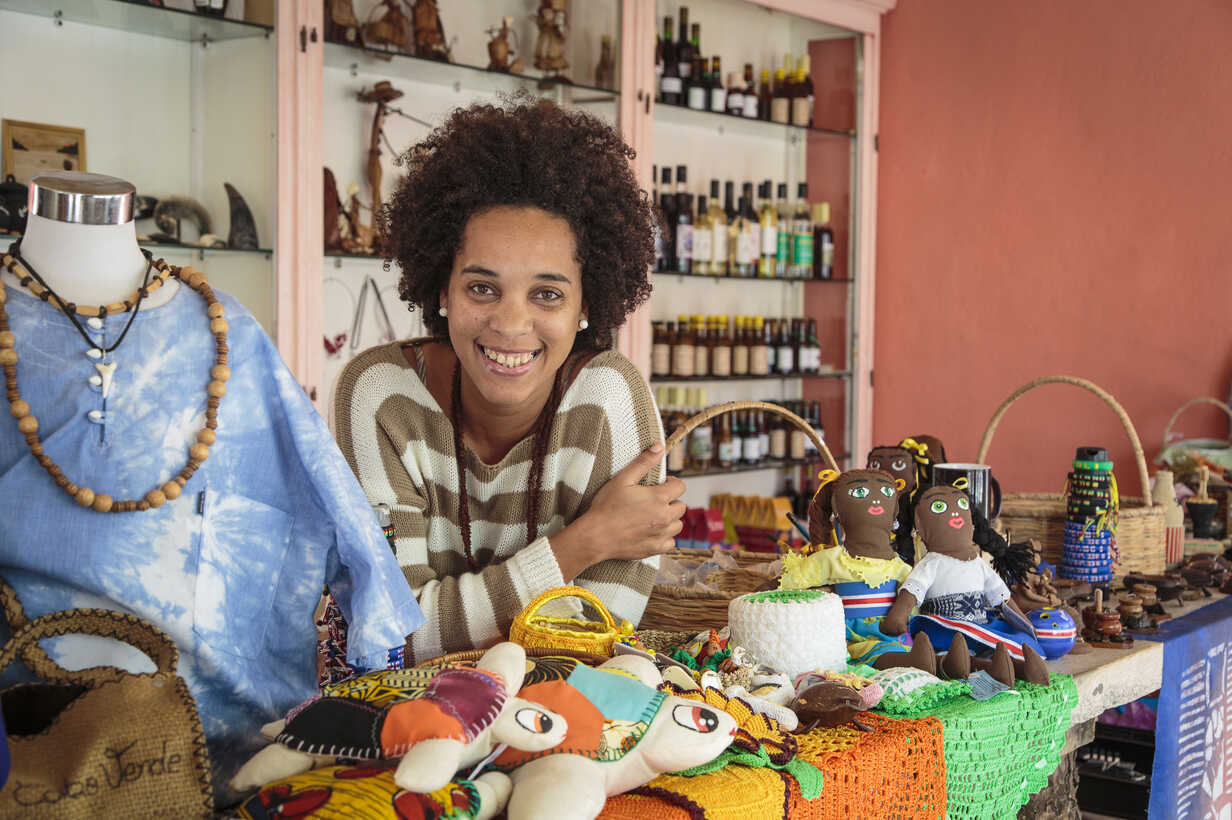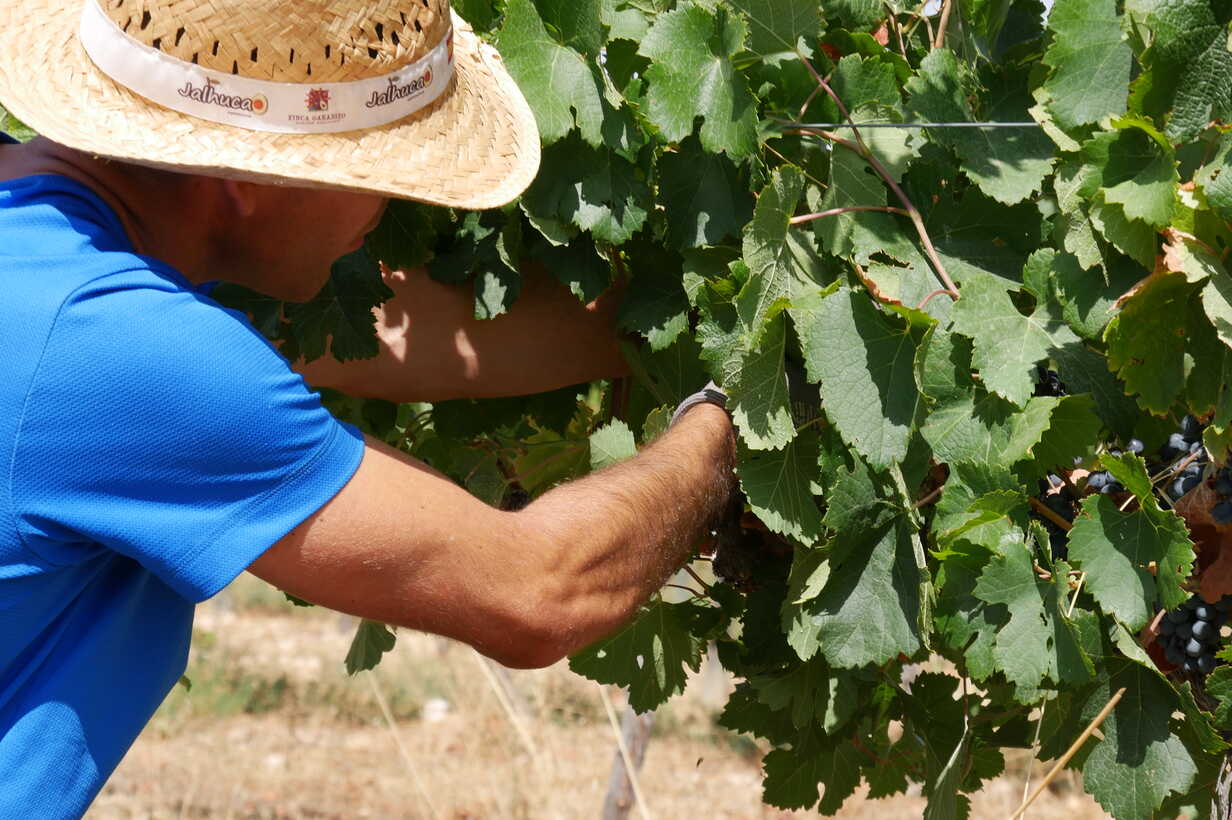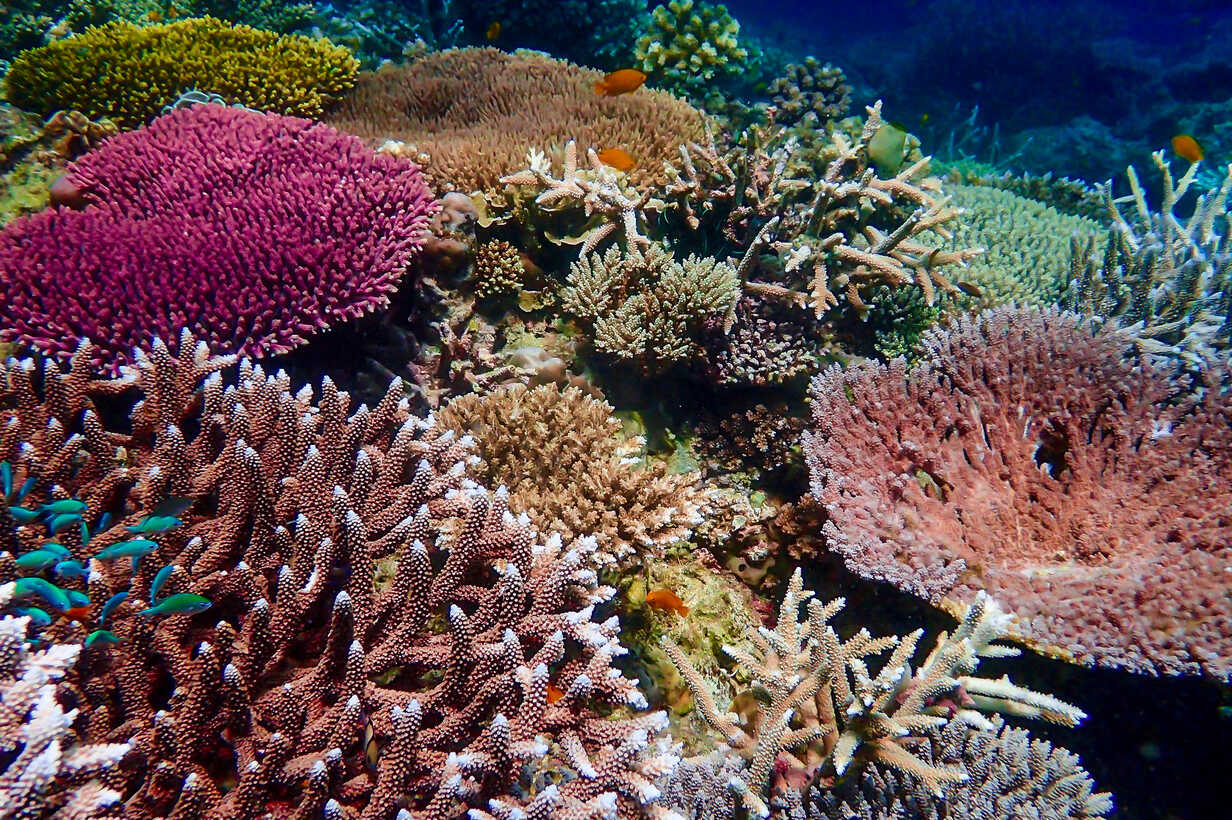We use cookies and other technologies that are necessary for services and functions on our website.
In addition, and provided you consent and select "Agree", we and our up to five third-party partners may place cookies on your device, use other technologies and collect and process personal data [e.g. IP address] from you in order to suggest personalized content to you on our website and to carry out measurements and analyses. Data transfer to third countries [e.g. USA] may also be possible, where the EU data protection level may deviate and access by authorities there cannot be ruled out.
You can find more information under "Settings" and decide which cookies and which cookie-based processing of your data you wish to reject or accept. Further information about cookies can be found in the Cookie Notice.
Use the "Status" control to decide for yourself which cookies we are allowed to set. Save your settings by clicking the "Agree" button.
You can change these settings at any time. You can find further information about the processing of your data in our Privacy Notice.
| Cookies | Description | Status |
|---|---|---|
| Necessary | Necessary Cookies are required for the app to function and cannot be switched off in your systems. We need necessary Cookies so that the service you request on our app functions properly and so that you can move around our app and use its functions, such as filling out forms. Cookie Notice | |
| Statistics | These Cookies allow us to count visits and traffic sources so that we can measure and improve the performance of our app. They help us answer questions about which pages are most popular, which are least used and how visitors move around the app. If you allow statistical Cookies, we can use this aggregated information to improve our service and the usability of our websites for you. All information collected is aggregated and is therefore anonymous. This information may be transmitted to our partners such as Meta Platforms Ireland Limited, Google Ireland Limited, Pinterest Europe Limited, Microsoft Ireland Operations Limited (Privacy Notice) if you also agree under "Marketing". Cookie Notice |









